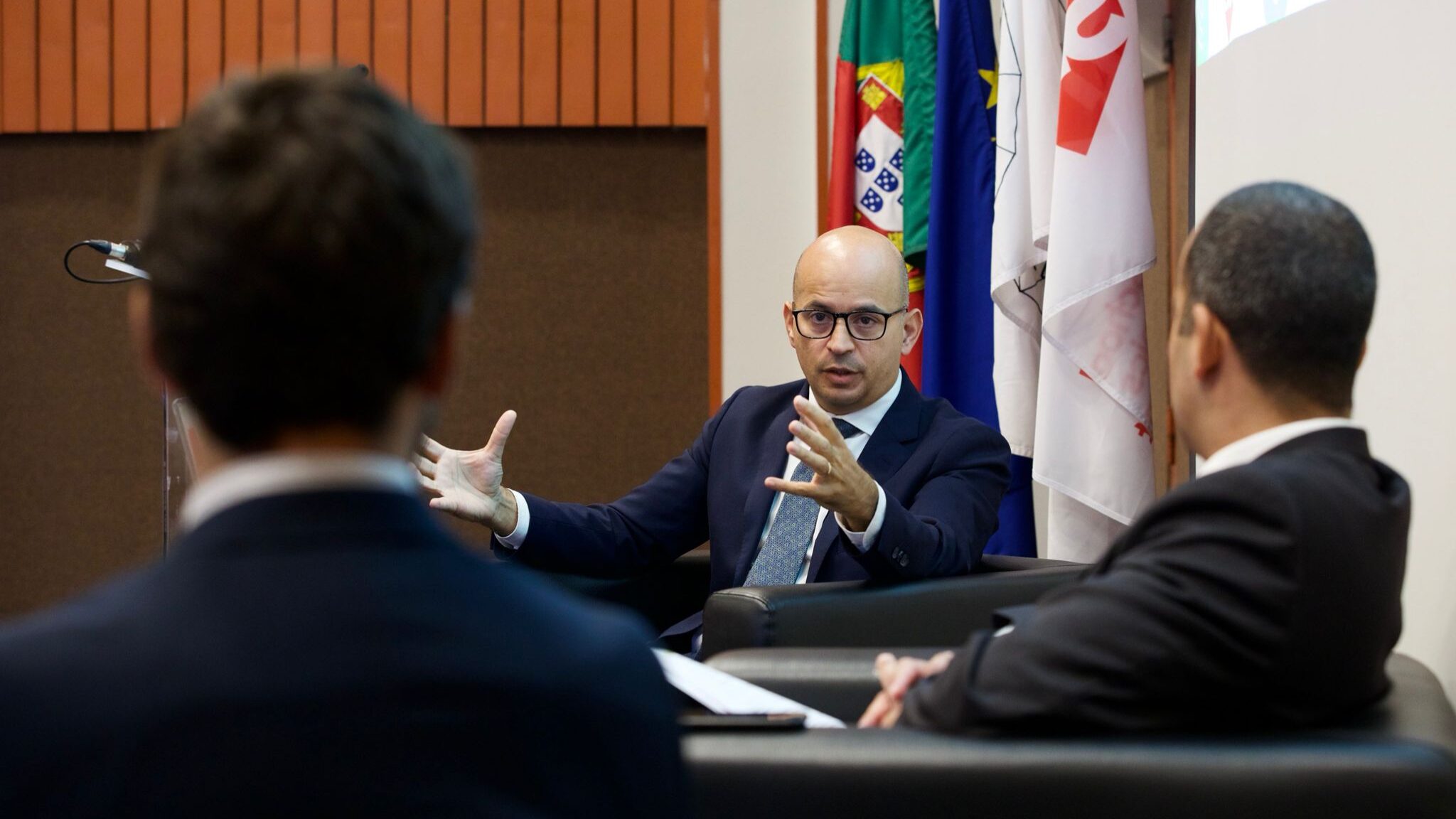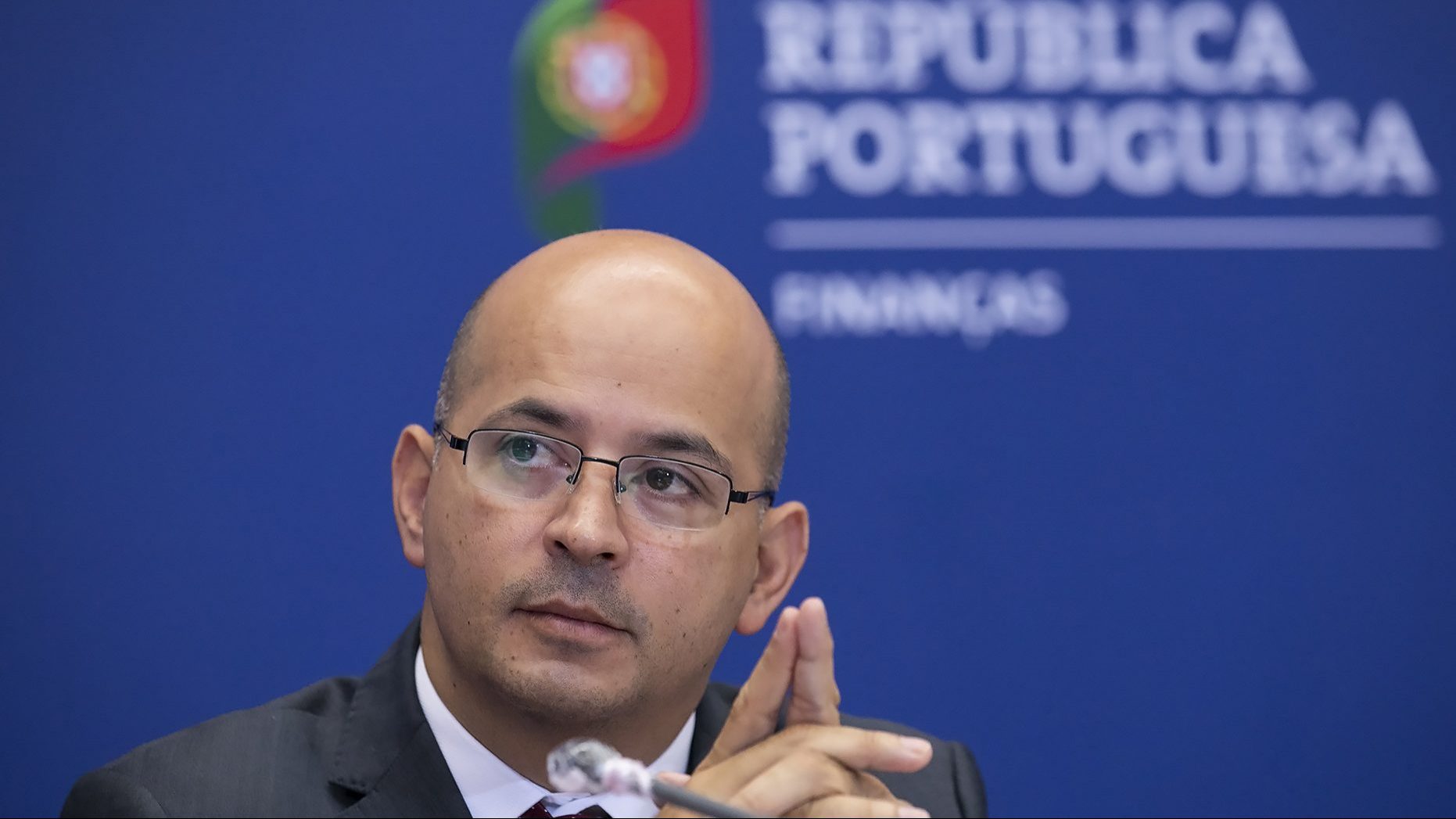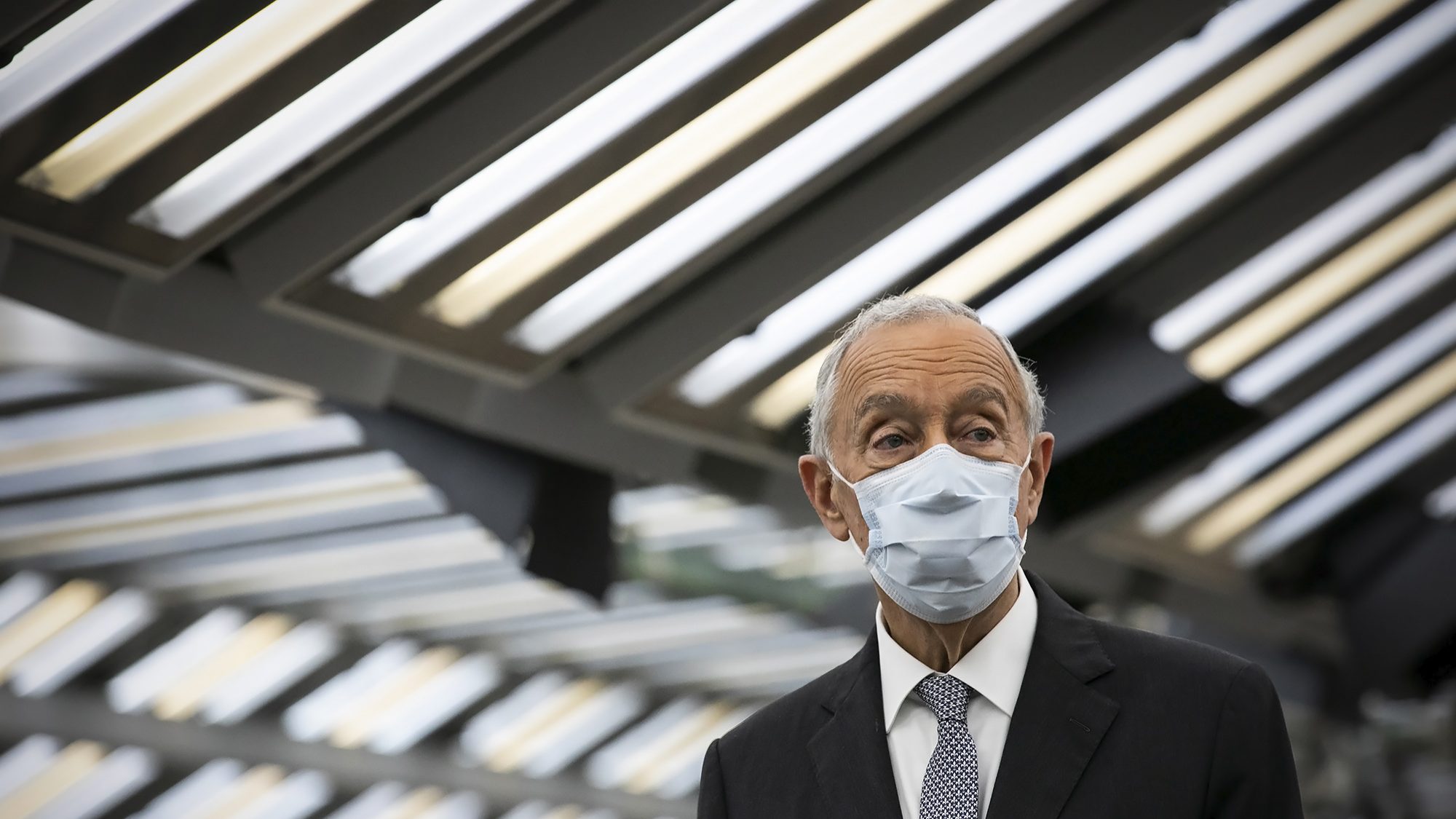Leão promises Brussels “balanced accounts” in the State Budget for 2022
At a time when it will have to negotiate with the left, the government has sent a draft to the European Commission in which it reiterates the importance of “balanced accounts".
Since presenting the proposed State Budget for 2022 (OE2022), both the prime minister and the finance minister argued the importance of keeping the “balanced accounts” for domestic consumption, warning the parties on the left that their demands cannot override the sustainability of the public finances. The same rhetoric is repeated in Brussels in the budget outline for 2022 delivered to the European Commission: “The Portuguese government reiterates its commitment to responsible public accounts.”
“Limiting the growth of public spending, particularly that of a permanent nature, is a pressing concern of the Ministry of Finance,” reads the document that summarises next year’s State Budget for the European Commission, an obligation for all member states since the community executive will have to give its opinion. When he has to negotiate more concessions to the left, João Leão thus reaffirms his intention to keep “balanced accounts”.
Last Friday, in an interview with ECO, he signalled that in the negotiations he would not give up the budget deficit of 3.2% of GDP he had set for next year. The deficit forecast is “important because it is the reference scenario in all [external] analyses of the country and even internally,” stressing that over the last six years there has been “concern” not to alter it. However, it should be noted that, even if its value is not known, the State Budget proposal already contains a negotiating “gap” for the speciality phase.
Also last week, António Costa made it clear that he was not giving up on having “balanced accounts” when negotiating the Budget. “It is not this goal that will prevent us from, to the right extent, increasing family income, increasing investment and easing the tax burden,” António Costa assured, insisting that it is necessary to keep “balanced accounts, continuing to reduce the deficit and public debt.” The prime minister warned that “we cannot think that a Budget is a coin that does not have two sides.” “It has two sides: the revenue and expenditure side, but it also has the balance side of that revenue and expenditure,” he said.
In the document sent to the European Commission, the Finance Ministry provides further guarantees that public finances are under control, even in a year in which the deficit limit imposed by European budgetary rules will not apply. There was “always the concern to design temporary policy measures, avoiding increases in permanent expenditure, a necessary condition for fiscal sustainability that is intended to be printed in the coming years,” Leão reminded Brussels, assuming that the 2022 fiscal policy will be “marked by the retraction of the vast majority of public policies transitorily implemented within the fight against Covid-19″.
“Budgetary balance is a central desideratum in creating new policy measures, avoiding gaps between reductions in revenue and increases in expenditure, so in this fiscal year it is projected that the weight of permanent expenditure as a ratio of GDP will be reduced, accompanied by a fiscal framework guided by stability and predictability,” the finance ministry added. The government’s accounts point to a reduction in the public expenditure ratio from 49.1% of GDP in 2021 to 46.7% of GDP in 2022.
The finance minister also reaffirms the intention to achieve a deficit below 3% in 2023, in the next and last State Budget of this legislature, and the lower public debt ratio. “The medium-term budgetary outlook points to the resumption of the trajectory of reduction of public debt as a percentage of GDP as early as 2021,” the government pledges, assuring that “Portugal is therefore committed to maintaining a prudent debt management strategy.” The forecast is for 126.9% of GDP in 2022 and 122.8% of GDP in 2022.


